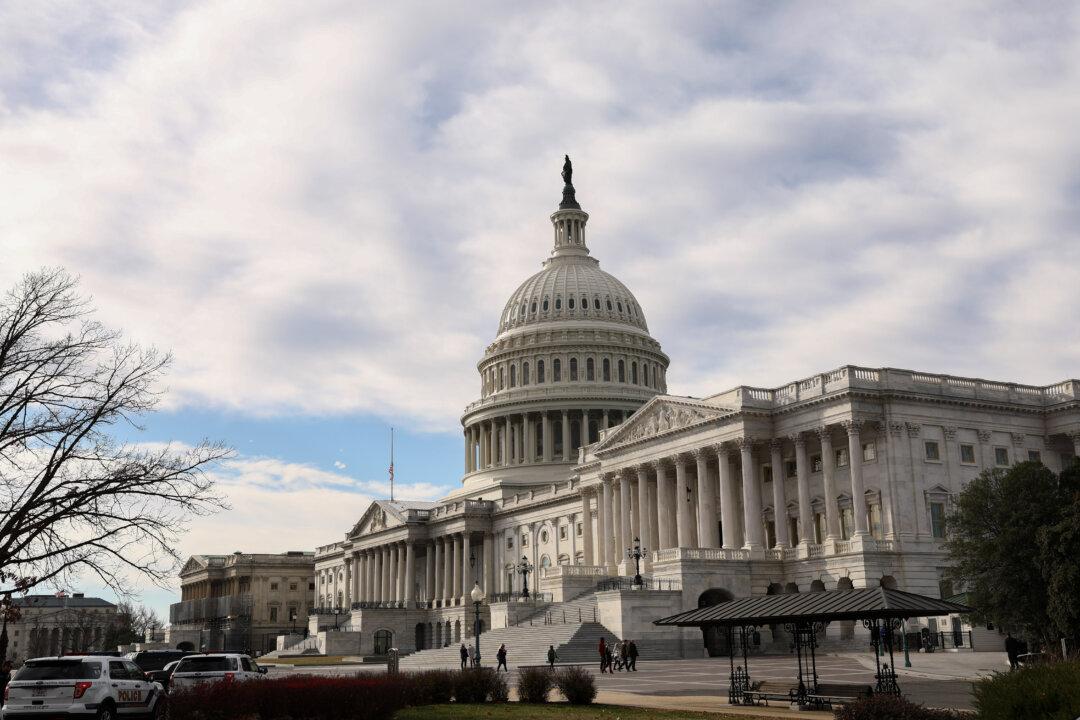News Analysis
WASHINGTON—Millions of Americans headed to work this morning by walking, laptops in hand, into a home office, sitting down at a kitchen table, or settling on a living room couch, thanks to widespread self-quarantining due to the coronavirus.





